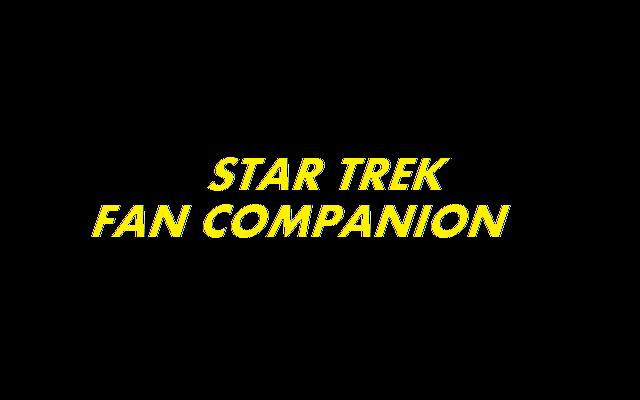rating: ****
the story: The budding Starfleet finds itself in a crisis with the Klingons...instigated by participants of the Temporal Cold War.
what it's all about: The pilot of any Star Trek series is almost by definition essential viewing, as it establishes the premise and characters and therefore the context that will set it apart, even when it seems, as even many fans tend to think, it looks like business as usual, a voyage of exploration. In fact, only one series in the franchise
hasn't been one of those voyages,
Deep Space Nine, even that one had vast new territory teased in its first episode, the Gamma Quadrant, which would be the source of a lot of later material. "Broken Bow" immediately established
Enterprise as a prequel, first in Star Trek history, insofar as its events are set before the classic adventures of the original series (later,
Discovery would become the second, with less than a decade separating it from them).
Now, a lot of fans, who tended to be upset about just about
everything by this point, and had been since about the time Kirk died in
Star Trek Generations (though you'd be hard-pressed to find any of them
admit that; they're more apt to express "disappointment" in that event, the first stage of fan resentment and then outright disgruntlement), thought that if anything, the timeline ought to be advanced forward. And "Broken Bow" does that,
too, with the Temporal Cold War. And yet fans rejected that,
too, because...I don't know. I really don't. I can argue logics all day long here. I can argue that the very technology that looked futuristic in the '60s was actually in large part in everyday households by 2001. The cleverest thing
Enterprise did was actually to
embrace the tech that was still years and years in the future, and how exotic it remains as a concept, even if variations on it had resulted in Star Trek's competition like
Stargate: the transporter. In setting the series at a time when classic Star Trek tech was in its infancy, it allowed a classic franchise fear to meet a point when it was most justified, and it proves a key point in the pilot and throughout the rest of the series.
And this is probably something that's best appreciated when it's pointed out. So, too, is the fact that
Enterprise actually serves best as a
sequel. Yeah,
not as a prequel. As, first and foremost, it's a follow-up to
Star Trek: First Contact. This was the most successful of the
Next Generation movies, and memorably ends with humanity's introduction to the most iconic of Star Trek aliens, the Vulcans. And yet again,
Enterprise serves up a curveball, which predictably irked fans: they didn't become fast friends. In fact, they didn't much like each other at all. And again, I don't really see how this tracks; we see humans react with bigotry in the original series, whether in "The Galileo Seven" or "Balance of Terror," which is not even to mention that Spock was apparently the lone Vulcan in Kirk's crew, with only a fleeting reference to an entirely Vulcan crew in another episode.
So as far as I'm concerned, the logic is more than sound, and bursting with fulfilled (as far as I'm concerned) potential. We even get to see Cochrane in the pilot (and in the final season, a twist on
First Contact's historic moment that creates the Mirror Universe in the two-part "In a Mirror, Darkly").
The rest is adventure and setup. We meet Archer, T'Pol, Trip (deliberately featured as the three main characters in parallel to Kirk, Spock, and Bones), and the rest of the crew. Phlox immediately stands out, as he will as the fourth lead, like Scotty, the rest of the series. We're introduced to "Future Guy" and his minion Silik. There's also Soval and Forrest, who will have major supporting roles the duration of the series. And to round all that out, it's also prelude to an enduring conflict with the Klingons.
But yeah, the scene that sticks out most is decon with Trip and T'Pol, which was greeted with outrage. I don't even know how this happens, except that persistent puritanical regression impulse peculiar to Americans. The original series is littered with sexual imagery and a shameless ladies man as the lead character, and yet fans became increasingly uncomfortable and embarrassed by this legacy.
Basically, the first thing you need to overcome in getting into Star Trek is the opinion of other fans.
criteria analysis:
- franchise - See how the legacy of Starfleet begins!
- series - See how the crew launches its voyage!
- character - Aside from Sisko, it's hard to find a main character in Star Trek with their initial motivation spelled out better than Jonathan Archer.
- essential - A fascinating conflux of past, present and future.
notable guest-stars:
John Fleck (Silik)
Gary Graham (Soval)
Vaughn Armstrong (Forrest)
James Cromwell (Cochrane)
James Horan ("Future Guy")
Thomas Kopache
